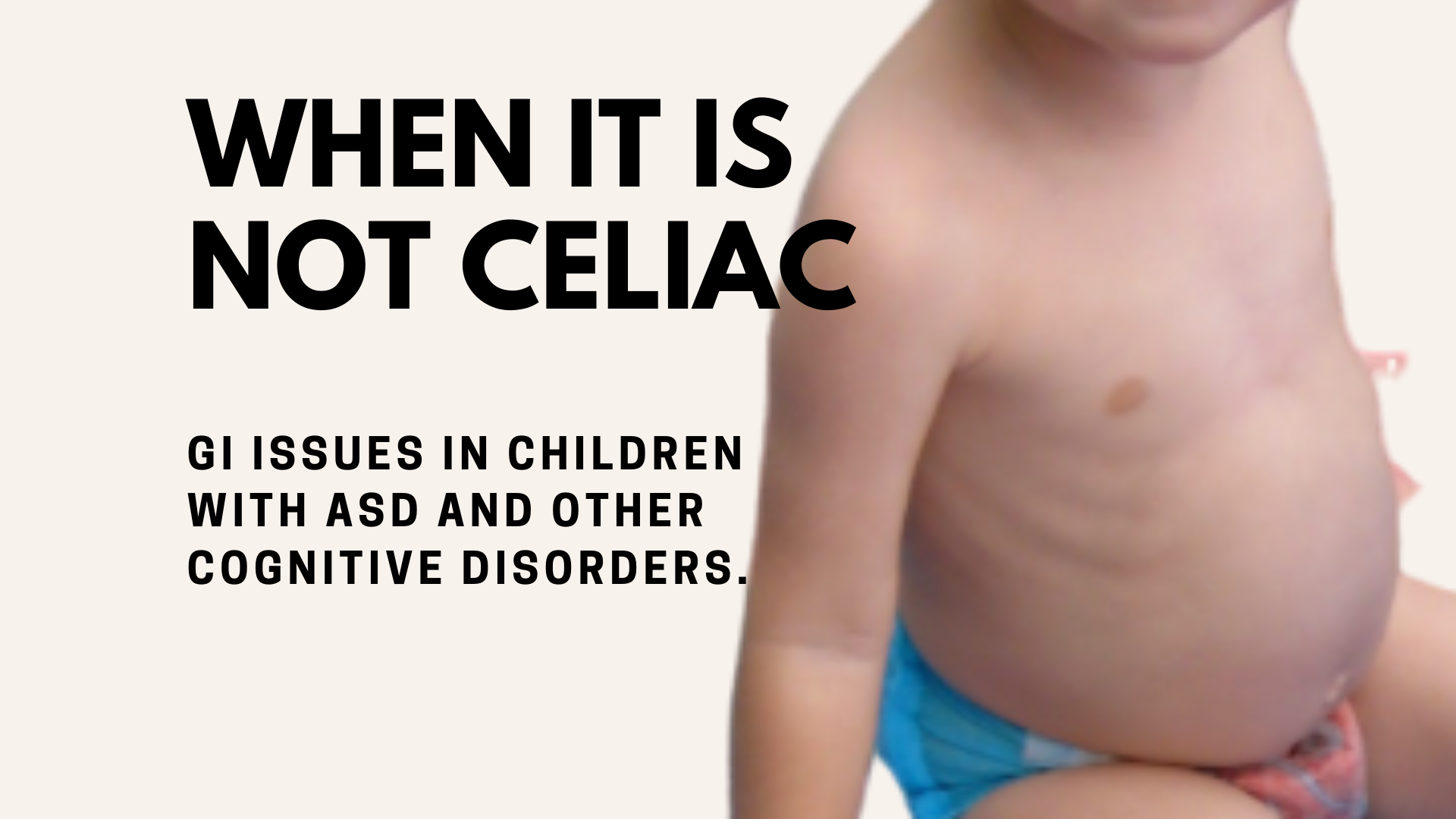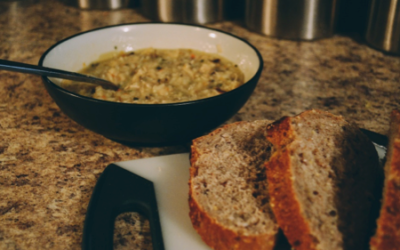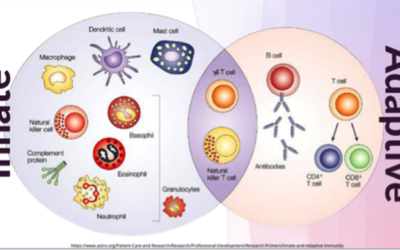
|
I remember when Joshua was 3 and his belly really protruded. I didn’t know why, but I knew it wasn’t right. I asked the pediatrician if it could be celiac, but she said that he would be very sick and in a lot of pain. However, she didn’t have an alternative explanation.
GI issues are extremely common among children with ASD and other cognitive disorders. It is pretty hard to know what was the initial insult, but here are things that can have an impact:
•Leaky Gut: Essentially an opening in the intestinal lining to let through proteins or pathogens, exposing them to the immune system causing inflammation, since they are considered to be foreign objects. Consistent exposure leads to chronic inflammation.
A Leaky Gut = Leaky Blood Brain Barrier (BBB). It was once thought that the brain was sterile and protected, but the BBB can become leaky too, allowing pathogens, viruses, heavy metals, and other toxins to access the brain, causing inflammation. The location of the toxins and inflammation will determine the symptomology. So, for example, if the Basal Ganglia is effected, then issues with motor inhibition may be an issue.
•Pathogens: Bacteria, viruses, parasites, mold, candida, etc. If our body’s natural immune system, such as Sig A is low, or if there are not many probiotics on board, for example, then these pathogens can really get out of control and proliferate. They love acidic environments and inflammation, though they themselves could be causing the inflammation. It can be a chicken and the egg scenario. These pathogens can set up camp in the gut, blood, organs, and brain.
•Foods: foods, especially gluten, contribute to opening of the intestinal lining. If these offending foods are consumed regularly (such as gluten, since it is found in almost all processed foods), then the intestinal lining never has a chance to return to its natural state, creating a direct portal for unwanted things to get into the blood and activate immune system.
•Undigested or partially digested proteins: It is not uncommon for food to pass through the digestive tract undigested (any of you seen corn kernals in your child’s stool?). This could be due to lack of chewing, low hydrochloric acid, and low production of digestive enzymes. These proteins, when passed through the intestinal wall are flagged by the immune system as foreign invaders. Proteins are normally broken down into peptides, and further broken down into amino acids, which our bodies use to reconstruct proteins our bodies need. There are a few things that result with these undigested/partially digested proteins: ♦The body is unable to make the necessary proteins needed for proper body and brain function. ♦Certain peptides from gluten and dairy (casein) fill opioid receptors in the brain, which contributes to addiction….any child out there on a self-selected diet of peanut butter sandwich and milk, cereal and milk, or macaroni and cheese? ♦Certain peptides look like tissues in our body and after awhile of fighting these, the immune system can essentially get confused and attack the body’s own tissues, which is autoimmunity. Gluten, for example looks like the thyroid, cerebellum, and basal ganglia.
So what do you need to address? •Diet: Eliminating potentially triggering foods such as gluten, dairy, corn, eggs, sugar •Source of offenders: toxic water, air, foods, chemicals, etc. •Pathogens: Test for gut bugs (such as the GI Map or Microbiome testing), then address imbalances with natural botanicals, probiotics, and, when necessary, pharmaceuticals. •Establish a good terrain: Probiotics, fermented foods such as coconut water keifer, natural sauerkraut, natto, etc.) •Habits: eating slowly and chewing food, using digestive enzymes and HCL. Healthy eating is for the entire family. It is so hard to remove something for just one person, especially a child.
So for us, after stool and urine testing, a round of necessary anti-fungals, introduction of neutraceuticals, and a complete reset in diet, Joshua’s stomach eventually evened out until one day I happened to notice that it looked like a normal tummy. |




0 Comments